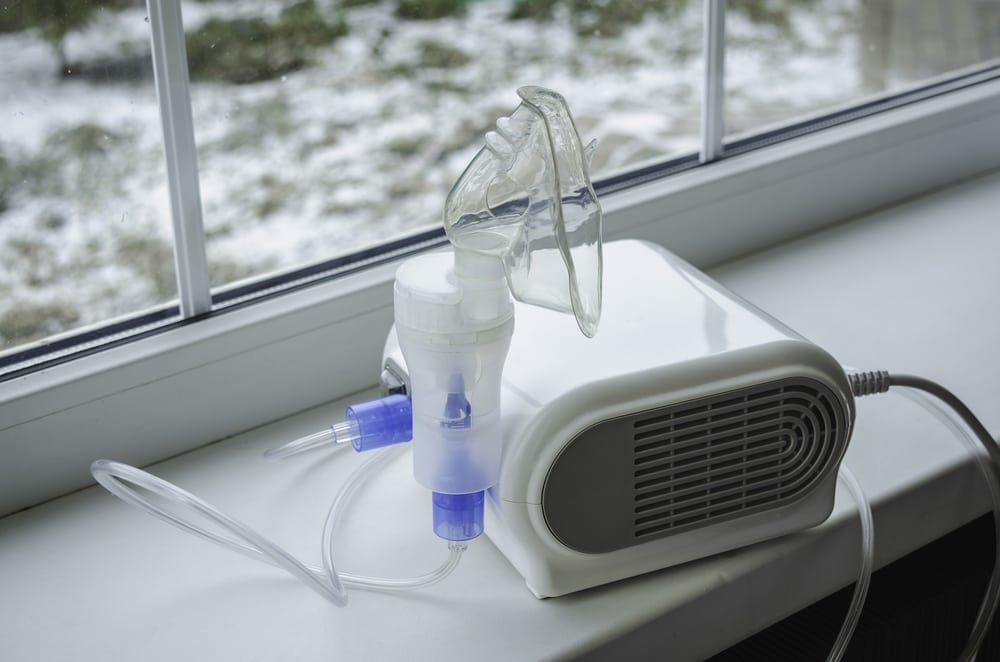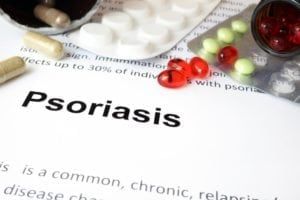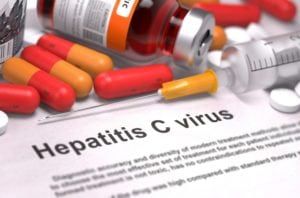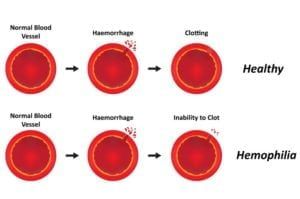Hypoxemia is a condition in which a child’s blood is low in oxygen. Left untreated, the condition can lead to a more serious condition known as hypoxia, which is low oxygen in the body’s tissues. Both hypoxemia and hypoxia are serious conditions that require medical attention. Without treatment, the body’s major organs can suffer serious damage within just minutes.
Did you know…
a child can develop hypoxemia after a severe asthma attack? With an estimated 7 million asthmatic children in the U.S., asthma is the leading respiratory disease in American kids. During asthma attacks, the airways become narrow, making it difficult for air to reach the lungs and in turn, the blood stream. Other causes of hypoxemia include anemia, sleep apnea, and congenital heart disease.
Frequently Asked Questions
What are the symptoms of hypoxemia and how do I know if my child should see a pulmonologist about it?
Hypoxemia can come on suddenly and severely with symptoms that are similar to respiratory distress. Your child may appear breathless, cough, wheeze, purse his or her lips, or present with rapid breathing. Some children may sweat, become confused or in cases of hypoxia, experience changes in skin color – usually ranging from blue to red. A child with symptoms of hypoxia or hypoxemia requires emergency medical attention immediately.
What is the immediate treatment for hypoxemia?
Emergency medical workers will monitor your child’s oxygen levels and administer additional oxygen through the nose or nose and mouth. In some cases, short-term oxygen therapy is enough to restore the oxygen levels in the blood and tissues to normal. However, some children require ongoing oxygen therapy to manage chronically low blood and tissue oxygen levels.
What is the long-term pulmonary treatment for hypoxemia?
If your child has an episode of hypoxemia, he or she will need to see a pediatric pulmonologist about the condition and how to prevent it from occurring again. Sometimes an inhaler is prescribed to make breathing easier for a child. In other cases, steroidal medications administered through an IV may be necessary to treat lung inflammation.











































































































































































































































































































